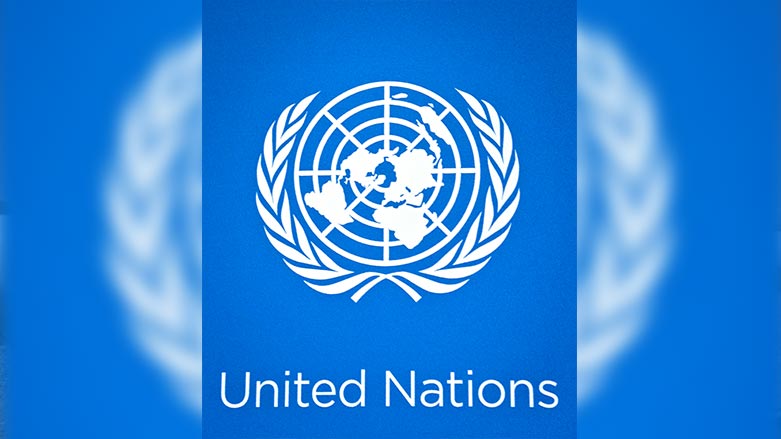Violence against aid workers shows no respite: UN

A total of 62 humanitarian aid workers have died this year around the world, the United Nations said Thursday as it prepared to mark 20 years since a devastating attack on the UN headquarters in Baghdad.
The UN observes World Humanitarian Day on August 19 each year as it remembers the suicide bombing, which claimed 22 lives, including that of Sergio Vieira de Mello, then the UN high commissioner for human rights and the head of the UN mission in Iraq.
Besides the 62 deaths this year in the world's conflict zones, another 84 aid workers were wounded and 34 were kidnapped, according to the Aid Worker Security Database, compiled by the consulting firm Humanitarian Outcomes. The fatality figure for all of 2022 was 116.
For several years running South Sudan has been the world's most dangerous place for aid workers. As of August 10, there had been 40 attacks on humanitarian staffers there with 22 lives lost, said the UN Office for the Coordination of Humanitarian Affairs.
Next on the list was Sudan to the north, with 17 attacks on aid workers and 19 deaths so far this year. Such high figures had not been seen since the Darfur conflict from 2006 to 2009.
Other countries where humanitarian workers died include the Central African Republic, Mali, Somalia, Ukraine and Yemen.
"The risks we face are beyond human comprehension," states a report compiled by NGOs including Doctors of the World, Action Against Hunger and Handicap International, with help from the European Union.
Every year more than 90 percent of the people who die in attacks on aid workers are locals, according to the International NGO Safety Organization.
This year World Humanitarian Day marks 20 years since the bombing in Baghdad against the Canal Hotel, which was serving as the UN headquarters in the Iraqi capital.
That 2003 blast, carried out amid the chaos of the US-led invasion that ousted Saddam Hussein, killed 22 people, including the Brazilian Vieira de Mello, and wounded around 150 local and international aid workers.
"World Humanitarian Day and the Canal Hotel bombing will always be an occasion of mixed and still raw emotions for me and many others," said the UN’s humanitarian chief, Martin Griffiths.
"Every year, nearly six times more aid workers are killed in the line of duty than were killed on that dark day in Baghdad, and they are overwhelmingly local aid workers," he added.
"Impunity for these crimes is a scar on our collective conscience."
As upheavals around the world have grown, the United Nations says it is working to help nearly 250 million people living in crisis areas. That is 10 times more than in 2003.
